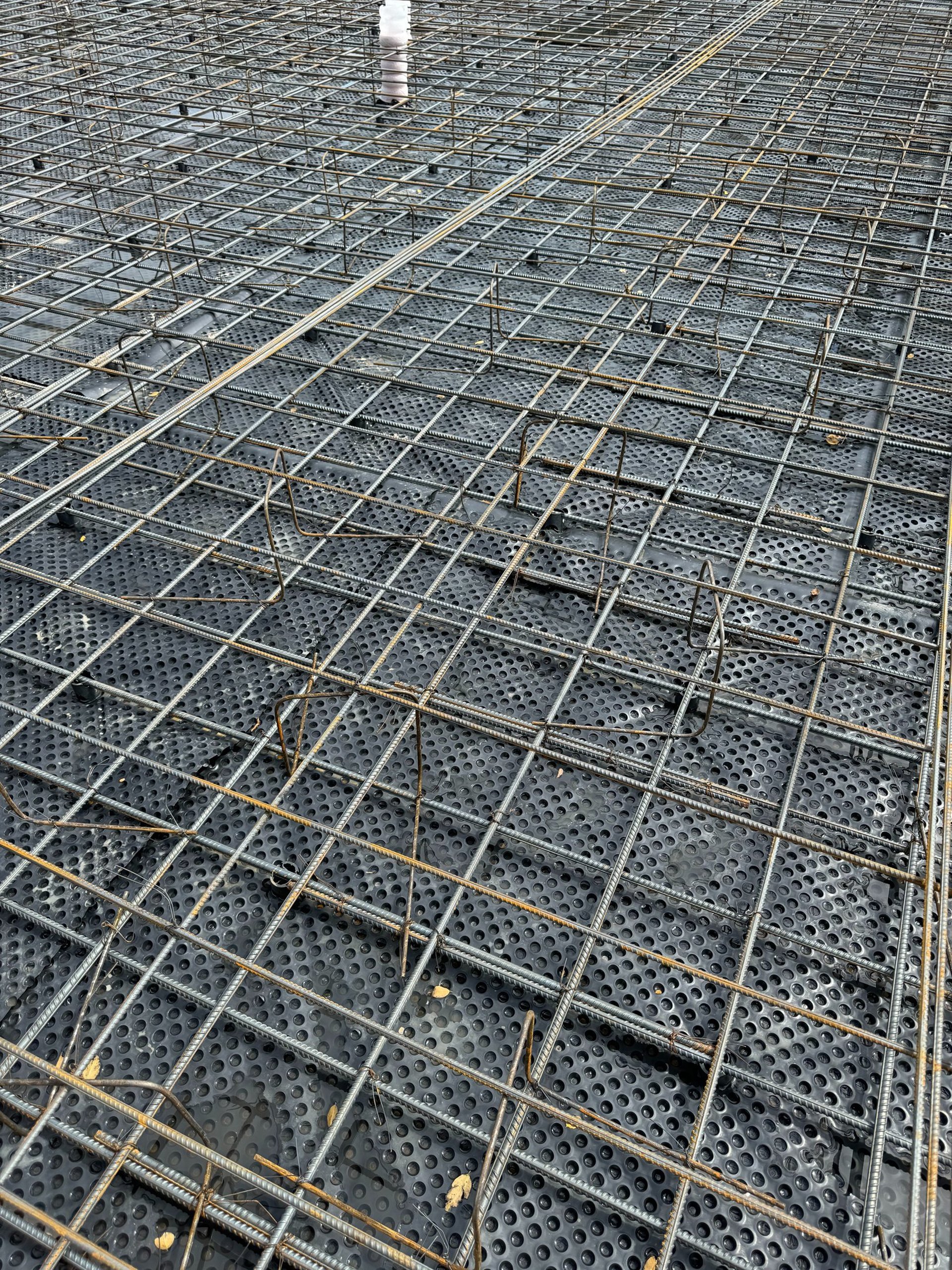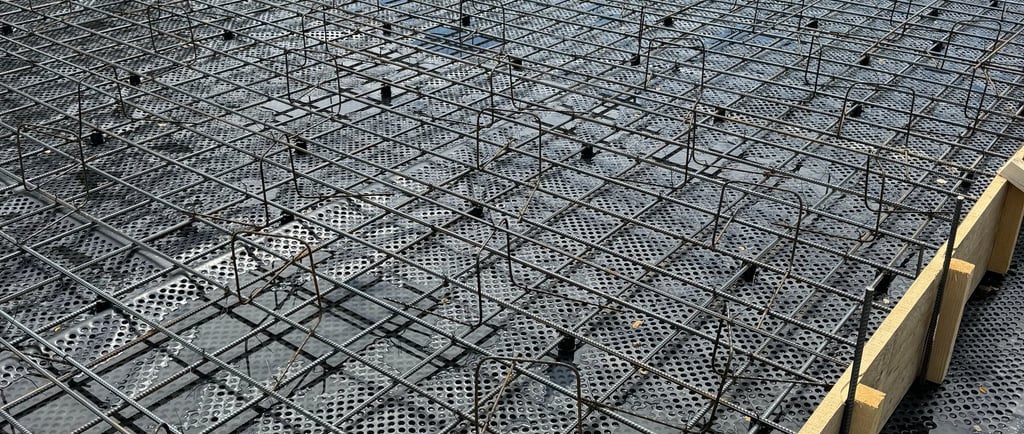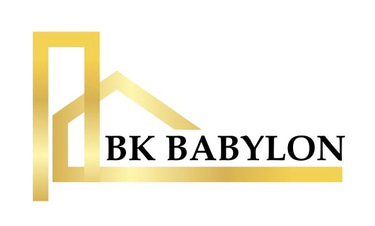
Блог пост
Описание блог поста.
10/2/20243 min read


Foundation – The Key to Stability and Longevity of Any Building
At Babylon Construction, we understand that the foundation is the core element of any structure, ensuring its stability and durability. Whether it’s residential housing or industrial facilities, a robust foundation is the guarantee that a building will withstand external influences, weather conditions, and last for many decades.
Importance of a Foundation in Construction
A foundation serves several critical purposes:
• Load Distribution: The foundation distributes the load from the entire building onto the ground, ensuring even weight distribution and preventing sinking or cracking.
• Stability: It provides stability to the structure, even in cases of soil movement or changing weather conditions.
• Waterproofing: The foundation protects the building from groundwater, moisture, and harmful substances, contributing to the overall longevity of the structure.
CLT Advantages over Traditional Materials
At Babylon Construction, we are always at the forefront of construction innovation. One of the advanced materials we use is CLT (Cross-Laminated Timber), which offers several advantages over traditional materials like blocks and bricks:
1. Lightweight: CLT constructions are significantly lighter, reducing the load on the foundation. This is especially important when building on challenging or problematic soils.
2. Faster Construction: Thanks to the pre-fabricated CLT panels, construction is faster, reducing both time and costs, including the work involved in preparing the foundation.
3. Eco-Friendliness: Wood is a renewable material with a low carbon footprint compared to brick or block manufacturing, making it a greener option.
4. Energy Efficiency: CLT offers superior insulation, helping to reduce heating costs and allowing for smaller and lighter foundations in energy-efficient homes.
Types of Foundations
At Babylon Construction, we design foundations tailored to the building type, ground conditions, and climate. Here are the most common types of foundations:
1. Monolithic Slab: One of the most reliable and commonly used foundation types. It’s suitable for heavy constructions and works well on unstable soils, as it distributes the load evenly across the entire surface.
2. Screw Piles: Ideal for construction on slopes or challenging terrains. Screw piles are drilled into the ground, providing a stable foundation without significant ground disturbance. Their main advantage is the speed of installation and suitability for difficult-to-access areas.
3. Strip Foundation: Commonly used for medium-weight buildings, this foundation is poured along the building’s perimeter. It’s suitable for most soil types and offers good stability.
4. Pile Foundation: Used on weak soils or in areas with high groundwater levels. Piles provide a stable connection to deeper, more solid soil layers, distributing the load efficiently.
Foundation Construction on Slopes and Difficult Areas
Building on slopes or in difficult-to-access locations requires specialized solutions, and Babylon Construction is an expert in this field. Here are some key approaches:
• Screw Piles are the ideal solution for such conditions. They penetrate deeper soil layers, providing stability even on steep slopes.
• Slope Reinforcement: In some cases, additional slope reinforcement measures, such as special netting or retaining walls, are necessary to prevent soil shifts.
• Terracing: Creating terraces at different levels helps level the terrain and reduces the risk of soil erosion or landslides.
Key Considerations During Foundation Installation
When constructing a foundation, Babylon Construction always takes into account the integration of various utilities:
• Water and Sewerage Pipes: Openings or special pipes for water supply and sewage systems should be planned at the foundation stage to avoid costly alterations later on.
• Electrical Installations: Provisions for electrical wiring are made in advance by installing conduits or channels, ensuring a safe and organized distribution of electricity throughout the building.
• Ventilation Systems: For buildings with basements or technical floors, it’s important to plan ventilation ducts to maintain proper airflow and prevent moisture buildup.
Other Critical Aspects
1. Waterproofing: Protecting the foundation from groundwater is a critical step. High-quality waterproofing materials are used to shield the concrete from moisture, preventing future damage.
2. Insulation: Insulating the foundation helps retain heat inside the building, reducing heat loss and improving the overall energy efficiency of the structure.
At Babylon Construction, we pride ourselves on delivering expertly engineered and meticulously crafted foundations. A well-designed and properly installed foundation not only supports the load of the structure but also ensures its long-term stability and resilience. By partnering with Babylon Construction, you are investing in a solid foundation that will stand the test of time, safeguarding your building for decades to come.
